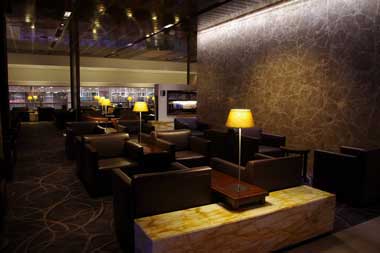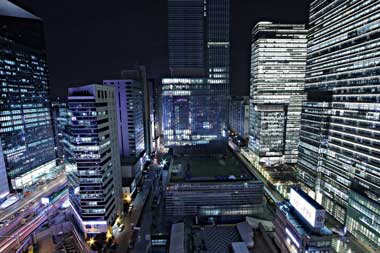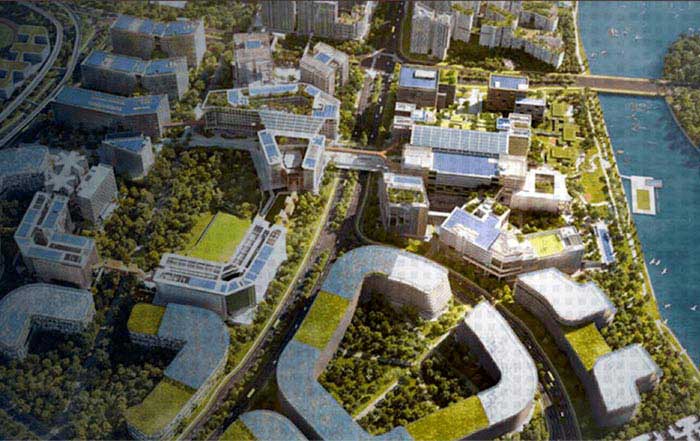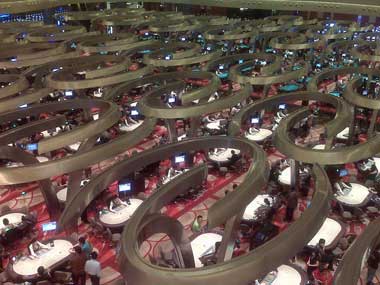The Singaporean economy is now one of the most influential in the world, attracting huge investment from all over the globe thanks to its free, open and very tax-effective business laws. There is simply no more pro-business place to do business and, as more companies wake up to this fact, expect even greater concentration on the South East Asian state in the coming years.
If you are new to Singaporean business and want to get involved, then the sooner you do so the better. With more and more western companies looking to make a profit in Singapore and more and more western business people looking to work in Singapore, the best opportunities may not be there for long.
For those concerned about stepping into an unfamiliar business culture, then this guide will help. Here we run down the most important things to keep in mind before you start doing business in Singapore.
A westernised business culture, with an Asian hierarchy
The good news for those coming from a western business background, is that the Singaporean market-place is very much a westernised culture, despite its position in South East Asia. Unlike, say, China or Korea, where westerners constantly run the risk of embarrassing themselves by pursuing a deal with too much enthusiasm, the structure of how deals are struck in Singaporean business will be fairly familiar to anybody who has ever sat in a New York, London or Berlin boardroom. That does not mean, however, that there are not certain Asian-style workplace traditions that need to be respected – there very much are. Happily, however, they are a little easier to follow than in many other Asian nations.
Hierarchy remains a key part of the way companies are run and, like in the aforementioned Chinese and Korean economies, the senior management will make the first and final decision on everything – dissent is generally not expected or accepted. There is, however, a degree of tolerance for private debate, so long as it is reasoned and clear in its intention, though this should only be done in closed, one-on-one meetings and not in front of the whole team.
Similarly, it is considered very rude and unprofessional to get a junior member of your company to contact a senior member of a Singaporean company. Status is important here, and there is an unspoken rule that only those on the same levels will deal directly with one another. Age is a big part of this too, and the Asian tradition for respecting your elders and deferring to their experience over your youthful vigour is firmly in place here.
In fact, showing and gaining respect is really the key to how business gets done on the island. You will only build up a powerful network of business contacts by showing that you deserve their respect – through your professionalism, your usefulness and the respect you show to others. Losing face is very damaging in Singaporean business, whether it is due to your failure in a business deal or your poor personal behaviour.
Underlying all of these rules is the perhaps most important fact of all about Singapore, which is its incredible multiculturalism. The fact that this population of more than 5 million people is made up of a mix of Chinese, Indian, Malay and Western people means what is expected, culturally, in one company will differ in another. It might sound strange, but reading up on the background of the company with whom you wish to do business or for whom you wish to work will be essential to understanding how to behave.




